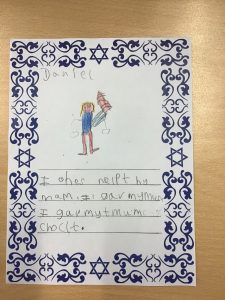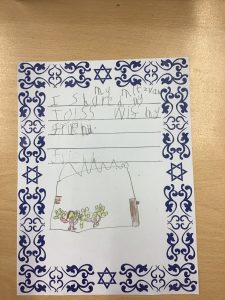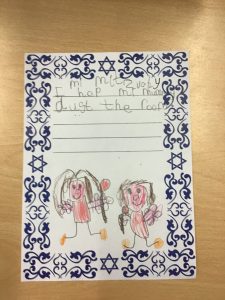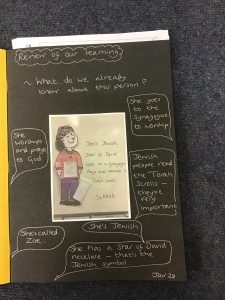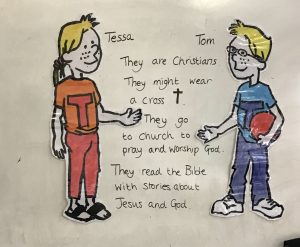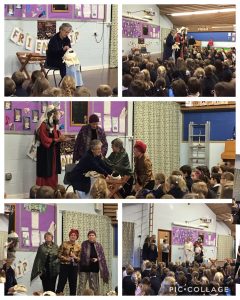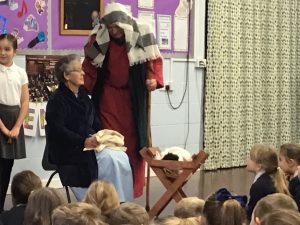

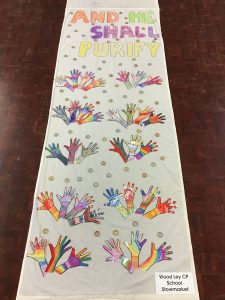
Religious Education
Religious education is an entitlement for all pupils and its place in the school curriculum is an acknowledgement of the important role which beliefs and values play in people’s lives, regardless of particular religious commitments. It is also an acknowledgement that religious beliefs and practices play a key part in the lives of many people worldwide today as they have done throughout history. As a curriculum area religious education offers pupils an opportunity to develop a better understanding of themselves, the people around them and the world in which they live. We welcome visitors from diverse backgrounds into our school and have a strong link with our local Open the Book group.
Religious Education is provided at Wood Ley CP School in line with the requirements of the relevant Education Acts. These are that:
- The basic curriculum must include religious education provision for all pupils on the school roll
- The content of religious education must reflect the fact that religious traditions in Great Britain are in the main Christian, while taking account of the teaching and practices of the other religious traditions represented in Great Britain
- Religious education must be provided according to Suffolk Agreed Syllabus.
We recognise that our pupils come from a variety of religious and secular backgrounds and welcome this diversity. The religious education programme seeks to be sensitive to the home background of each child; it is not the function of religious education to promote or disparage religious beliefs.
The Aims of Religious Education at Wood Ley CP School
- To enable each child to explore the human experiences people share and the questions of meaning and purpose which arise from those experiences
- To enable pupils to know about and understand the beliefs and practices of some of the great religions of the world, particularly those represented in Suffolk and the UK. Among these, CHRISTIANITY has a particular place and it is taught in each year of the primary phase
- To promote respect, sensitivity and cultural awareness by teaching about the religions represented in the region and the country
- To affirm each child in his/her own family tradition, religious or secular
- To provide opportunities for spiritual, moral, social and cultural development. The Suffolk Agreed Syllabus gives more details of the importance of religious education in the curriculum and selects two main aims for its programmes of study and attainment targets: ‘learning about religion and belief’ and ‘learning from religion and belief’.
- At Wood Ley CP School we deliver the agreed syllabus through The Emmanuel Project. This explores different themes within religious starting with the individual and then broadening out to individuals within faith groups and then the wider community. Below is the overview for each key stage showing how different faith groups are explored using key themes.




Overview of Emmanuel Project Scheme of Work
At Wood Ley we follow the Emmanuel project. The syllabus supports the aims and values of the school. The syllabus gives children a balanced approach to religious material. As children progress through school they encounter six different faiths and a non-religious worldview underpinning the heart of faith linking together stories, practices, festivals and ways of life.
Children will learn about religion but also learn from religion.
Children are encouraged to be curious and acquire knowledge and understanding so that they are informed and respectful of different faiths.
Children also need to learn from RE so they can be inspired and be able to reflect on their own spirituality, morals, cultural development and growth as a person.
